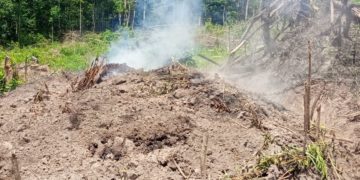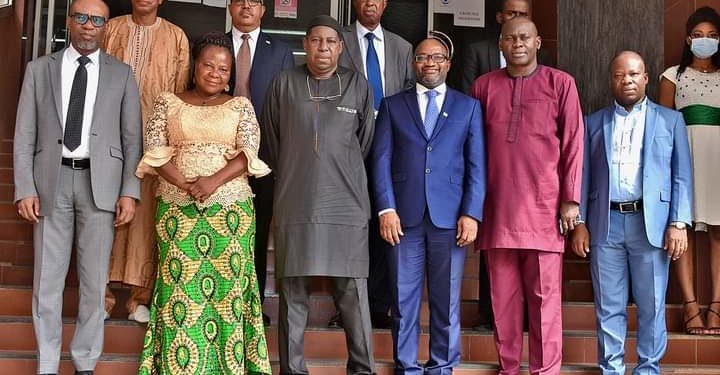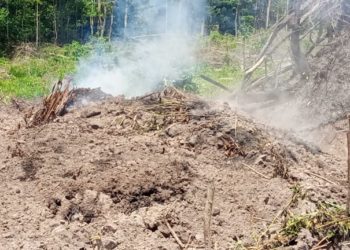Science and Technology experts from member states of the Economic Community of West African States (ECOWAS) on Thursday concluded a three-day meeting to evaluate the latest regional report on science and technology in the subregion.
The meeting held in the Ivorian capital, Abidjan from 8 to 10 February 2022 was meant to validate the draft 2018/2019 regional report on Science, Technology and Innovation. The experts were also expected to reflect on and enrich the report with additional country information in order to have an inclusive document, according to the ECOWAS Commission.
The experts were drawn from the government ministries in charge of Science and Technology in member states, as well as ECOWAS Commission.
“Scientific research and innovation is one of the main areas of interest in Africa’s development agenda and their contributions to the economic and social progress of our countries are widely known,” the ECOWAS Commission in a news release.
It added that research contributes to solving the problems of society. According to the Commission, while some ECOWAS countries call it scientific research and innovation, other countries describe research and innovation as science and technology.
The importance of Science and Technology is emphasised in the revised ECOWAS Treaty (Art 27) and in a number of documents adopted by the Heads of State and Government, in particular the ECOWAS Policy on Science, Technology and Innovation (ECOPOST) and its 2013-2017 Action Plan.
ECOPOST, through its Strategic Area 8, places emphasis on improving regional and international cooperation.
It is in line with this that the ECOWAS Experts Meeting on Science and Technology has been convened since 2014, to evaluate the implementation of ECOPOST and validate the regional report on science and technology activities carried out by states.
The ECOWAS Commission produced its first report on science and technology with the collaboration of member states in 2017. And in 2020, the Commission called for reports from countries on their activities for the years 2018 and 2019.
An independent consultant was recruited to collate the information from the country reports and other sources (reports from other organisations) to finalise the regional report. The final document is what the Abidjan meeting validated, with a view to making it an official report for the West African region.




















